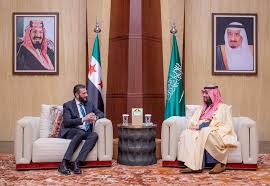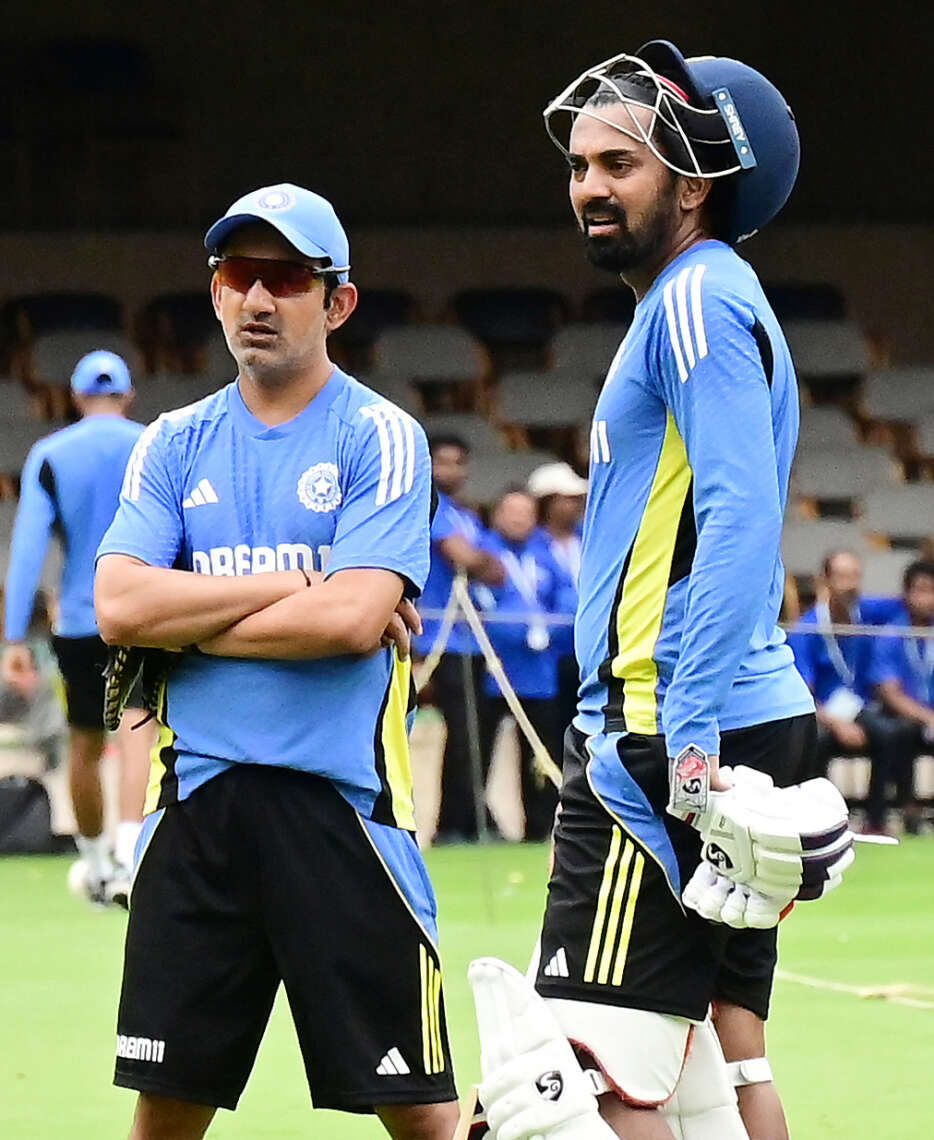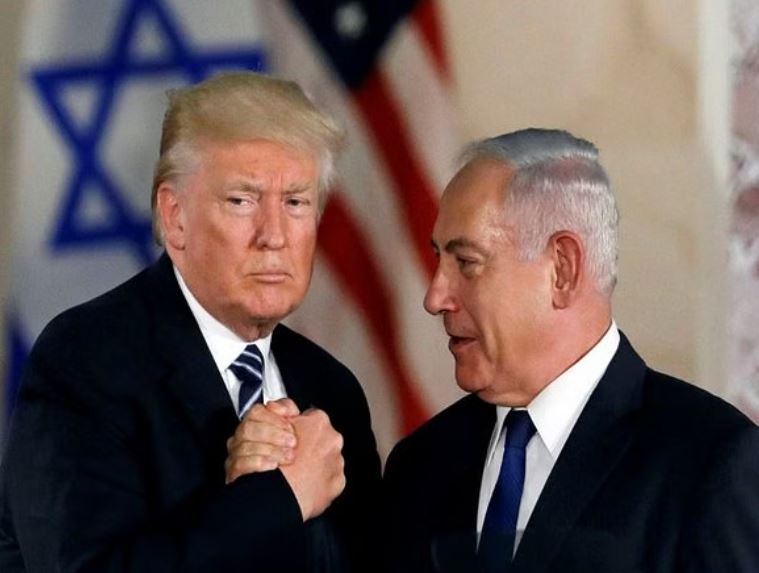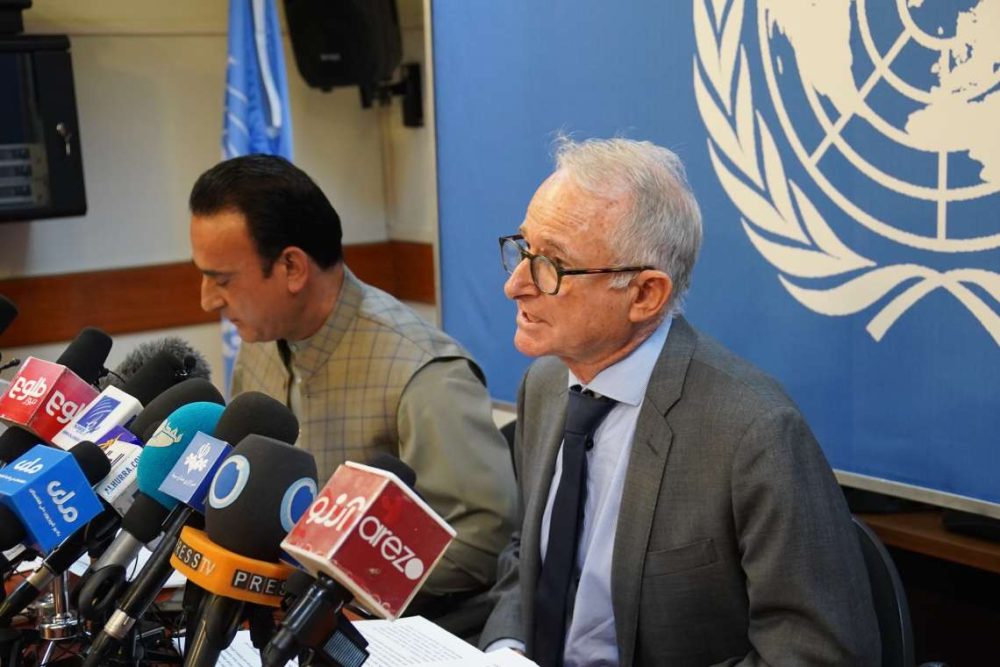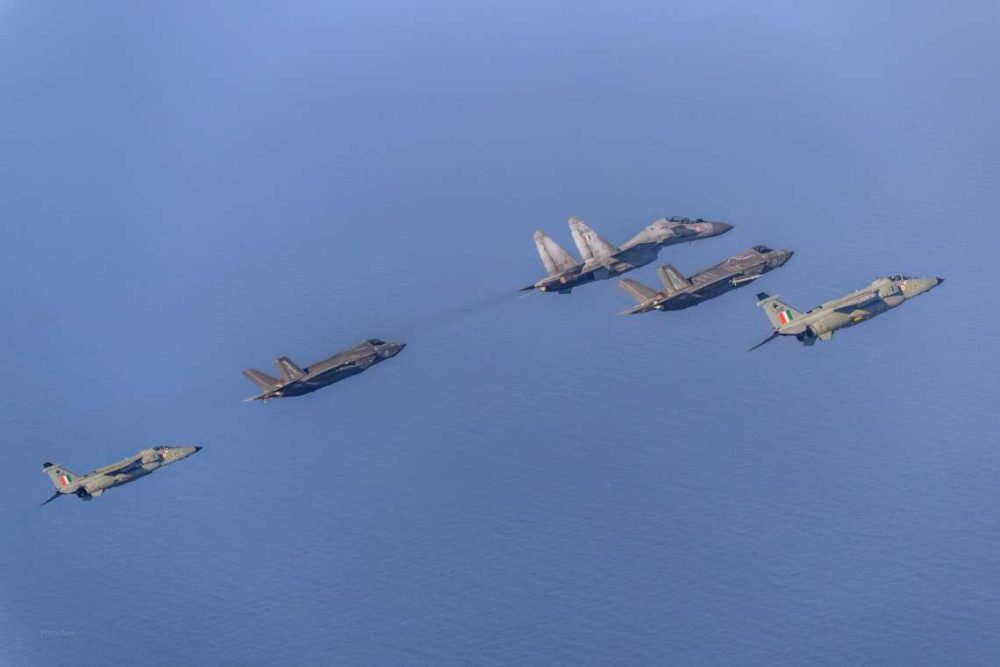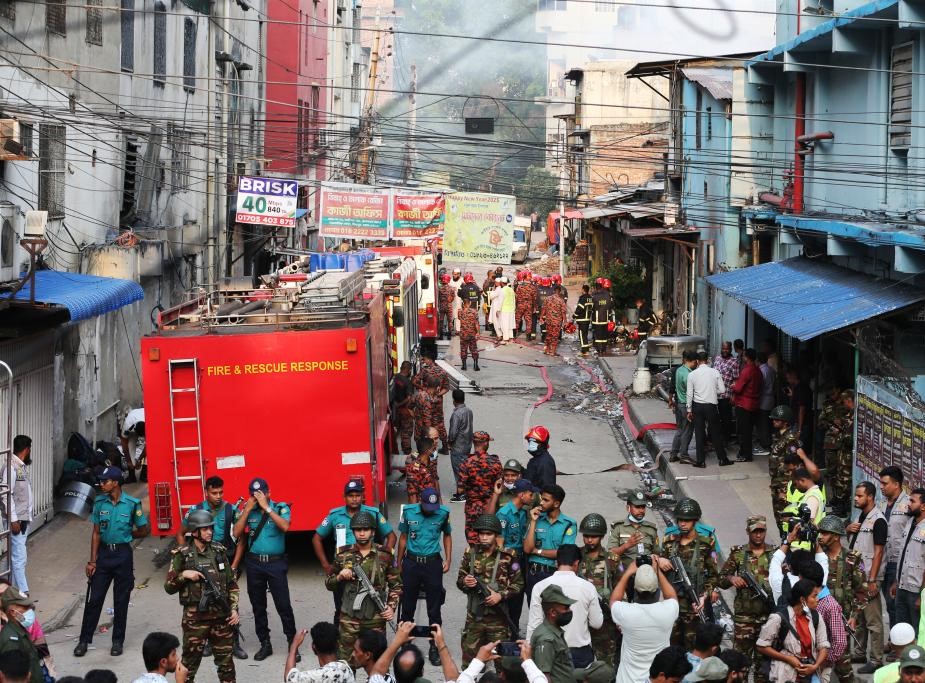Experts believe that al-Sharaa’s trip to Saudi Arabia underscores the Kingdom’s strategic role in shaping Syria’s post-conflict transition..reports Asian Lite News
Syrian interim President Ahmed al-Sharaa’s first official visit abroad since taking office has drawn regional and international attention, signalling a new start in Syria’s foreign relations.
Experts believe that al-Sharaa’s trip to Saudi Arabia underscores the Kingdom’s strategic role in shaping Syria’s post-conflict transition as well as Riyadh’s broader efforts to restore regional stability.
Accompanied by senior officials, al-Sharaa met with Saudi Crown Prince Mohammed bin Salman, marking a crucial step toward Syria’s reintegration into the Arab world and the recalibration of regional alliances.
“Saudi Arabia is not merely recognising the new authorities; it is actively shaping Syria’s future in a way that aligns with its long-term regional vision,” said Syrian political expert Anas Joudeh, the founder of Nation Building Movement.
He said Riyadh’s approach reflects a broader ambition to return to its pre-1958 role before its union with Egypt, reclaiming its leadership in the Arab world.
By playing a central role in Syria’s stabilisation, the Kingdom strengthens its position as a key regional powerbroker, ensuring that the transition does not descend into chaos or renewed conflict, he said.
For Saudi Arabia, stability in Syria is not just about geopolitics, but also a security and economic priority, he said.
Following his meeting with the Saudi leadership, al-Sharaa expressed gratitude for the Kingdom’s hospitality and reaffirmed his commitment to strong bilateral ties.
“We held extensive discussions covering all sectors, working to elevate our level of cooperation, particularly in humanitarian and economic fields,” he said.
The Syrian interim President highlighted key areas of future collaboration, including energy, technology, education and healthcare, Xinhua news agency reported.
“Together, we are laying the foundation for a real partnership that seeks to ensure regional peace and stability while improving the economic reality for the Syrian people,” he said.
The visit also touched on Syria’s role in Arab and international affairs. Al-Sharaa emphasised that the new leadership in Damascus is committed to “restoring Syria’s rightful place in the region,” and fostering diplomatic engagements that align with the country’s interests.
Saudi media outlets widely covered the visit, describing it as a pivotal moment for both nations.
In an article for Saudi newspaper Al-Riyadh, columnist Nawal Al-Jabr noted that al-Sharaa’s choice of Saudi Arabia for his first official visit reflected “a deep appreciation for the Kingdom’s political weight and international influence.”
She emphasised that the visit came at a critical time for Syria, as the country seeks to secure economic support and diplomatic backing.
She also highlighted Saudi efforts to facilitate Syria’s reintegration into the Arab League and push for the lifting of Western sanctions, which remain a major obstacle to Syria’s recovery.
On Saudi newspaper Okaz, columnist Mohammed Al-Saed asked, “Why does the new Syria need Riyadh?” He argued that Saudi Arabia has long been the go-to mediator in resolving regional conflicts, making its role in Syria’s transition indispensable.
Al-Saed argued that a stable and economically integrated Syria would benefit from stronger ties with Arab partners, particularly Saudi Arabia, which can facilitate financial investments and diplomatic legitimacy.
While al-Sharaa’s visit to Riyadh marks an important milestone, Syrian political expert Maher Ihsan cautions that much remains uncertain. The success of Syria’s transition depends on various factors, including economic recovery, security consolidation and political reconciliation, he said.
Saudi Arabia’s active involvement in Syria’s future could prove instrumental in stabilising the war-torn country, mitigating external interference, and fostering sustainable development, he said.
Meanwhile, for Damascus, Riyadh’s diplomatic and financial leverage represents an opportunity to rebuild institutions, strengthen governance, and navigate the complex regional landscape.
In short, al-Sharaa’s visit signals Syria’s efforts for Arab integration and a future shaped by economic and political cooperation.
ALSO READ: Turkish, Syrian presidents discuss security, economic cooperation


